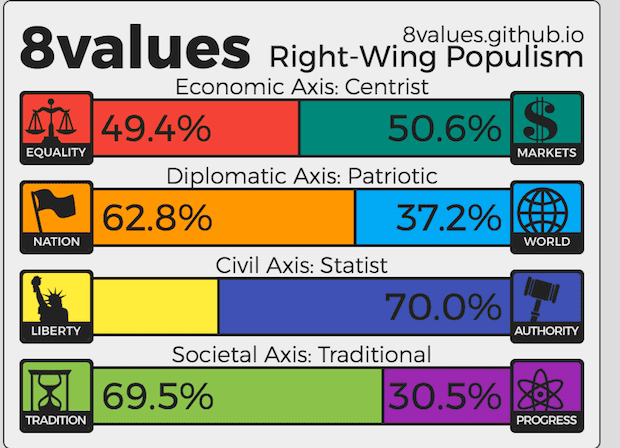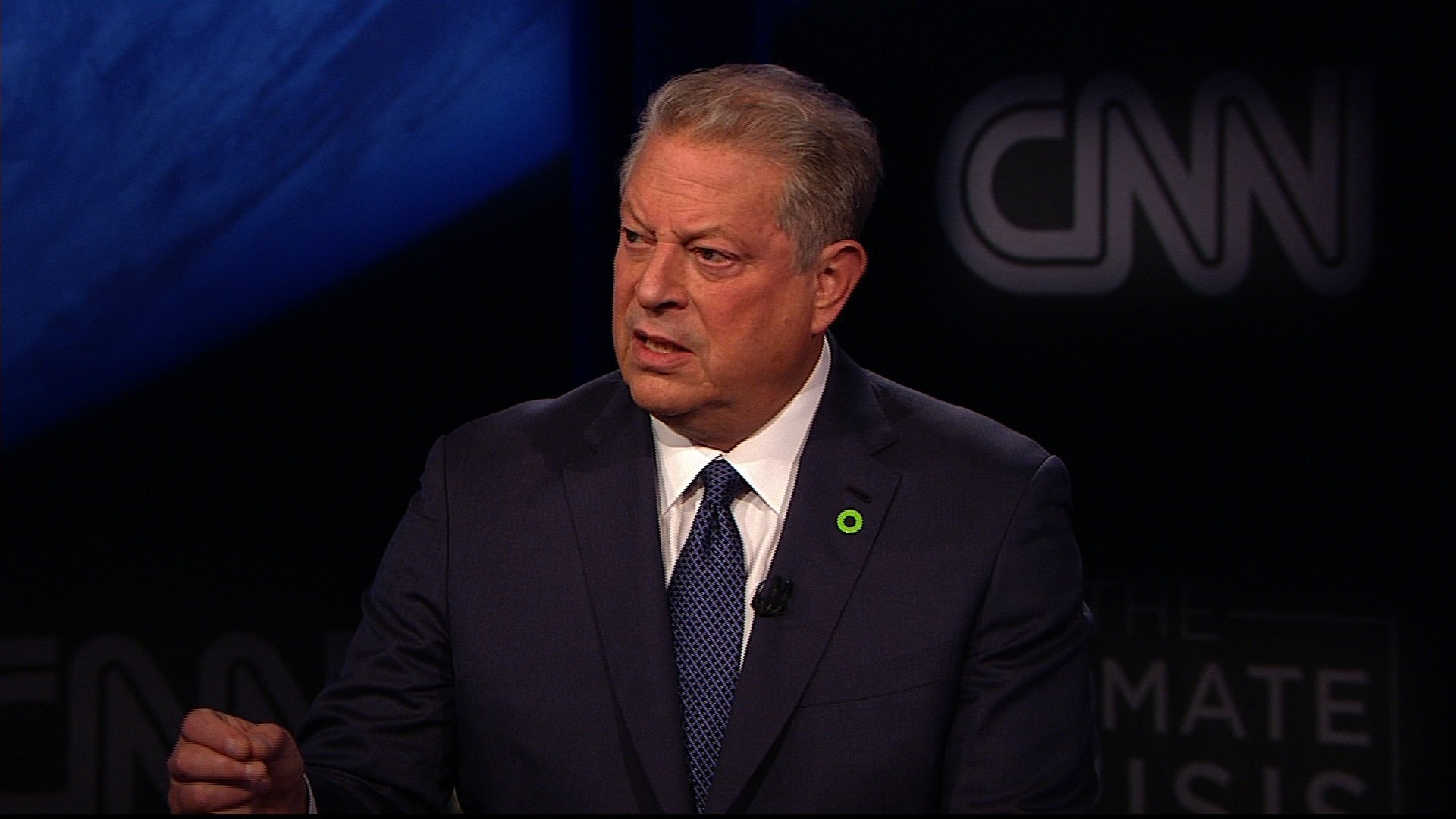
Pavlovski’s goal was initially too risky for investors, but the growing animosity towards big tech sparked new interest in the alternative streaming service. Rumble launched in 2013 with the goal of creating a video-sharing platform that could compete with YouTube. Journalists reviewing the platform’s recommendation system found that if a person were to search the term “vaccine” on Rumble, they would be three times more likely to be recommended videos containing COVID-19 misinformation than accurate information. Rumble doesn’t just accept harmful content, it amplifies it. D'Souza’s political commentary includes racist and conspiracy-driven content, such as attributing the 9/11 attacks to “ the cultural left.” Recommended misinformation Catholics (76%) say churches should not endorse candidates seeking elected office.Another right-wing American political commentator, Dinesh D'Souza, has also acquired a large audience on the platform. churches and other houses of worship should keep out of politics, while 37% say churches should express their views on day-to-day social and political matters, according to a 2019 survey. About six-in-ten Catholics (62%) say U.S. 9%).Ĭatholics view religious organizations as forces for good in society, but a clear majority say churches and other religious organizations should keep out of politics.

Just 14% of Catholics say it is very important to them to have a president who shares their own religious beliefs, though Hispanic Catholics are about twice as likely as White Catholics to say this (22% vs. About six-in-ten Catholics (62%) say it is very important to them to have a president who personally lives a moral and ethical life, and this view is shared by similar shares of White and Hispanic Catholics, according to a February 2020 survey. public.Ĭatholics, like members of many other religious groups, don’t necessarily seek a president who shares their religious beliefs, but they want a president who lives a moral and ethical life. These differences reflect a general political polarization among the U.S. Conference of Catholic Bishops has condemned Trump’s plan to build such a wall, and Pope Francis described the desire to build a border wall as “ not Christian.” and Mexico, while 81% of Catholic Republicans favor expanding the wall, according to a separate 2019 survey. On immigration, 91% of Catholic Democrats oppose expanding the wall along the border between the U.S. This divide exists despite the Catholic Church’s formal opposition to abortion. On abortion, for example, 77% of Democratic and Democratic-leaning Catholic adults say they think abortion should be legal in all or most cases, while 63% of Republican and Republican-leaning Catholics say abortion should be illegal in all or most cases, according to a 2019 survey. When it comes to specific policy issues, Catholics are often more aligned with their political party than with the teachings of their church. There was a similar divide in the last presidential election: 64% of White Catholics voted for Trump in 2016, according to a Pew Research Center survey of validated voters conducted at the time, while 78% of Hispanic Catholics voted for Clinton.

And 59% of White Catholic registered voters said they would vote for Trump, or lean that way, if the election were held today among Hispanic Catholic registered voters, 65% said they would vote for Biden today. coronavirus cases – 54% of White Catholics overall said they approve of Trump’s performance as president, but 69% of Hispanic Catholics said they disapprove of the way he is handling his job. In a poll conducted in late July and early August – amid a surge in U.S. Bush over Democrat John Kerry in 2004, according to exit polls.Ĭatholics chose Democrat Barack Obama over Republican John McCain in 2008 by a margin of 54% to 45%, and divided their votes almost exactly in half in 2012 (when Obama defeated Republican Mitt Romney) and 2000 (when Bush defeated Democrat Al Gore).Ĭatholics’ views of Trump are clearly divided by race and ethnicity. Catholics also narrowly backed Republican George W. In 2016, 52% of Catholics backed Republican Donald Trump while 44% voted for Democrat Hillary Clinton, according to a Pew Research Center survey of validated voters (that is, members of the Center’s nationally representative American Trends Panel who were matched to voter files). In recent presidential elections, Catholic voters have swung back and forth between the Republican and Democratic candidates. Around half of Catholic registered voters (48%) describe themselves as Republicans or say they lean toward the Republican Party, while roughly the same share (47%) identify with or lean toward the Democratic Party, according to Pew Research Center polls in 20. Catholics are split down the middle politically.


 0 kommentar(er)
0 kommentar(er)
